President Emmanuel Macron on Friday convened top political leaders at the Élysée Palace for high-stakes talks aimed at selecting a new prime minister, just hours ahead of a self-imposed late-night deadline.
The meeting came as France’s central bank chief warned that ongoing political instability is beginning to weigh heavily on economic growth, reported Reuters.
Macron, 47, is searching for his sixth prime minister in less than two years, and faces the difficult task of finding a consensus candidate capable of bridging the centre-right and centre-left factions in a deeply divided parliament. The new premier will be responsible for steering the crucial 2026 budget through the National Assembly.
According to a Reuters report, ahead of the meeting, the Élysée released a statement calling the gathering a “moment of collective responsibility,” a phrase that analysts interpreted as a veiled warning that Macron could dissolve parliament and call snap elections if a compromise is not reached.
Political leaders from centrist, centre-left, and centre-right parties were seen arriving at the palace, but the far-right National Rally (RN) and the hard-left France Unbowed (LFI) — two of the largest forces in parliament — were notably excluded from the talks, added the report.
It remains unclear how long Friday’s discussions will continue. Macron’s 48-hour deadline to name a new prime minister is set to expire by the end of the night.
Who might Macron appoint as PM?
According to Le Parisien newspaper, President Macron is considering reappointing Sébastien Lecornu as prime minister, just days after his resignation following a brief 27-day tenure. ]
Impact Shorts
More ShortsThe report also indicated that Macron has not ruled out calling a snap parliamentary election if party leaders reject the proposal. Lecornu was not expected to attend the talks at the Élysée, and the presidency declined to comment.
Several other potential candidates have been circulating in political circles, including veteran centrist Jean-Louis Borloo, public auditor chief Pierre Moscovici, and Nicolas Revel, a senior technocrat currently heading the Paris hospitals administration.
However, reappointing Lecornu could risk further alienating key political figures whose support Macron needs to build a broad-based government capable of passing the 2026 budget in a fractured parliament.
Complex budget talks
Wrangling over a budget that can both rein in the country’s deficit while meeting the conflicting demands of both the left and conservatives has been going on for weeks, with Socialist demands for a repeal of a 2023 pensions reform and for heavier taxation of the rich proving big stumbling blocks.
“People tell me: ‘He’s going to test the Lecornu 2 hypothesis on you.’ If that’s the case, I wish him good luck,” Green party chief Marine Tondelier told TF1 television.
Gabriel Attal, a former Macron prime minister and head of the president’s Renaissance party, cautioned against naming the next premier without wider support.
“I fear that trying the same method … of naming a prime minister before there has been a compromise will produce the same effects,” Attal told France 2 television.
Snap elections would pose risks for mainstream parties
France’s mainstream parties are keen to avoid a snap election. Opinion polls forecast the RN would be the main beneficiary and that another hung parliament would be the most likely result.
The crisis is the deepest that France, the euro zone’s second-largest economy, has seen for decades. The turmoil was precipitated in part by the president’s failed gamble on a snap election last year that further weakened his minority in parliament.
The central bank chief, Francois Villeroy de Galhau, forecast the political uncertainty would cost the economy 0.2 percentage points of gross domestic product. Business sentiment was suffering but the economy was broadly fine, he said.
“Uncertainty is … the number one enemy of growth,” Villeroy told RTL radio.UnitedFrance
Villeroy said it would be preferable if the deficit did not exceed 4.8% of GDP in 2026. The deficit is forecast to hit 5.4% this year, nearly double the European Union’s cap.
Macron’s second-to-last prime minister, Francois Bayrou, was ousted by the National Assembly over his plans for 44 billion euros in savings to bring the deficit down to 4.6%.
Rating agencies issued a fresh round of warnings about France’s sovereign credit score this week after Lecornu said on Monday his government was resigning, just 14 hours after he had announced his cabinet line-up.
With inputs from agencies


)
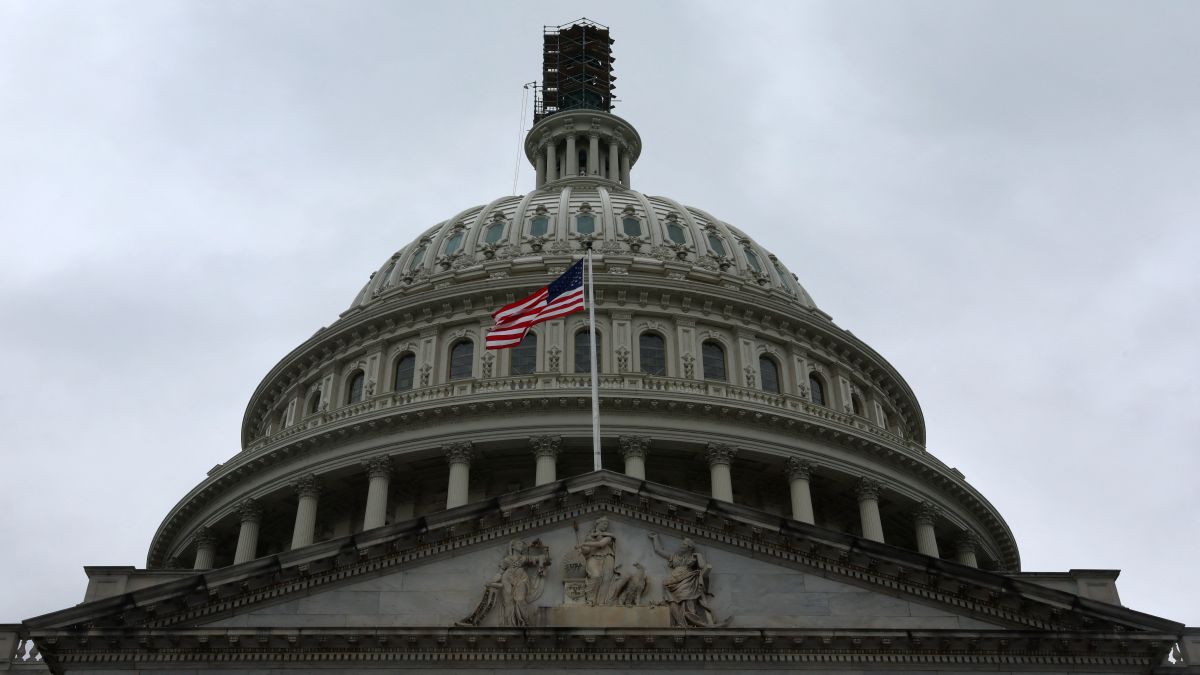
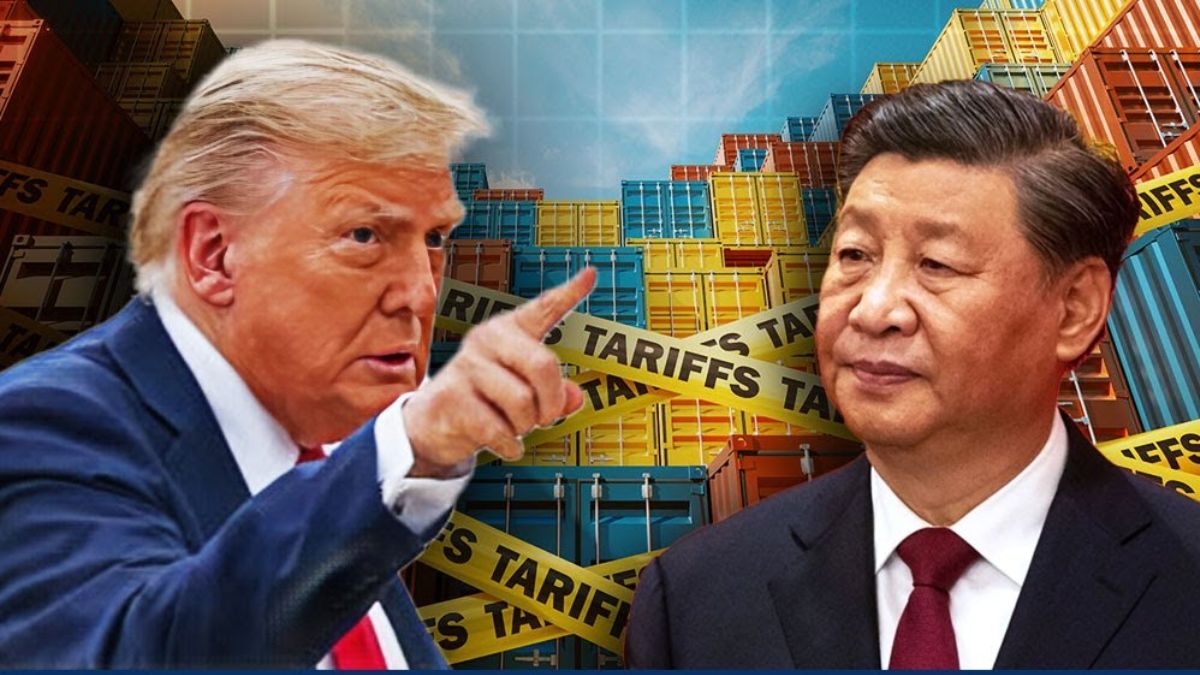)
)
)
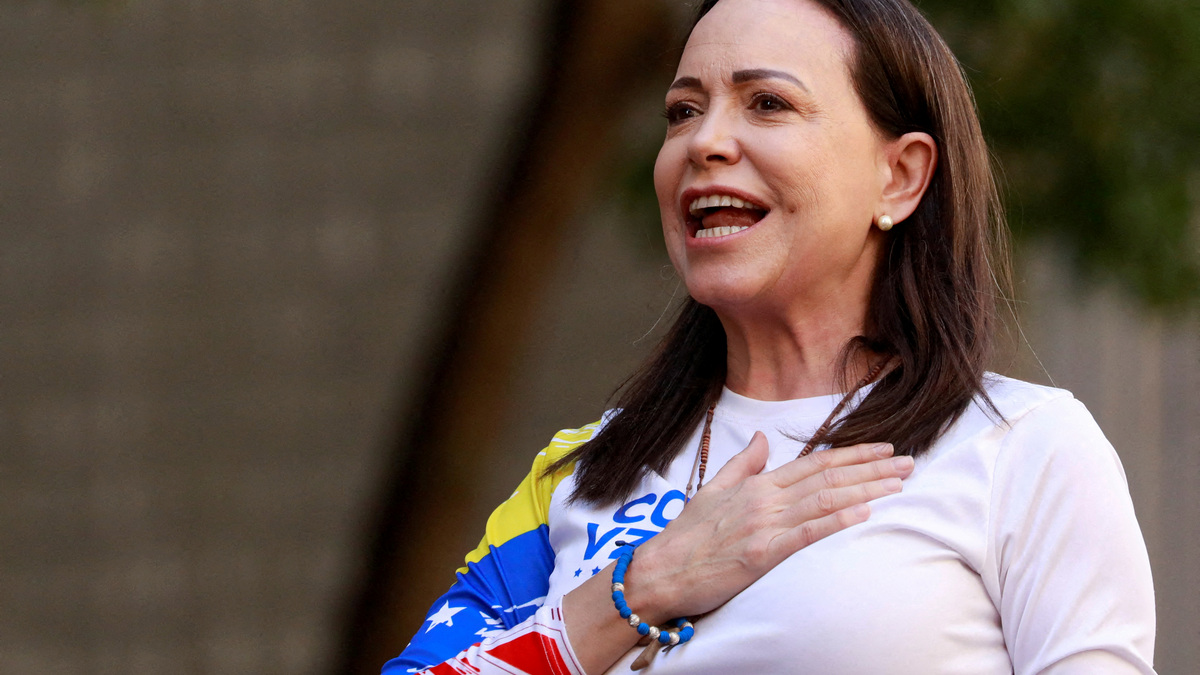)
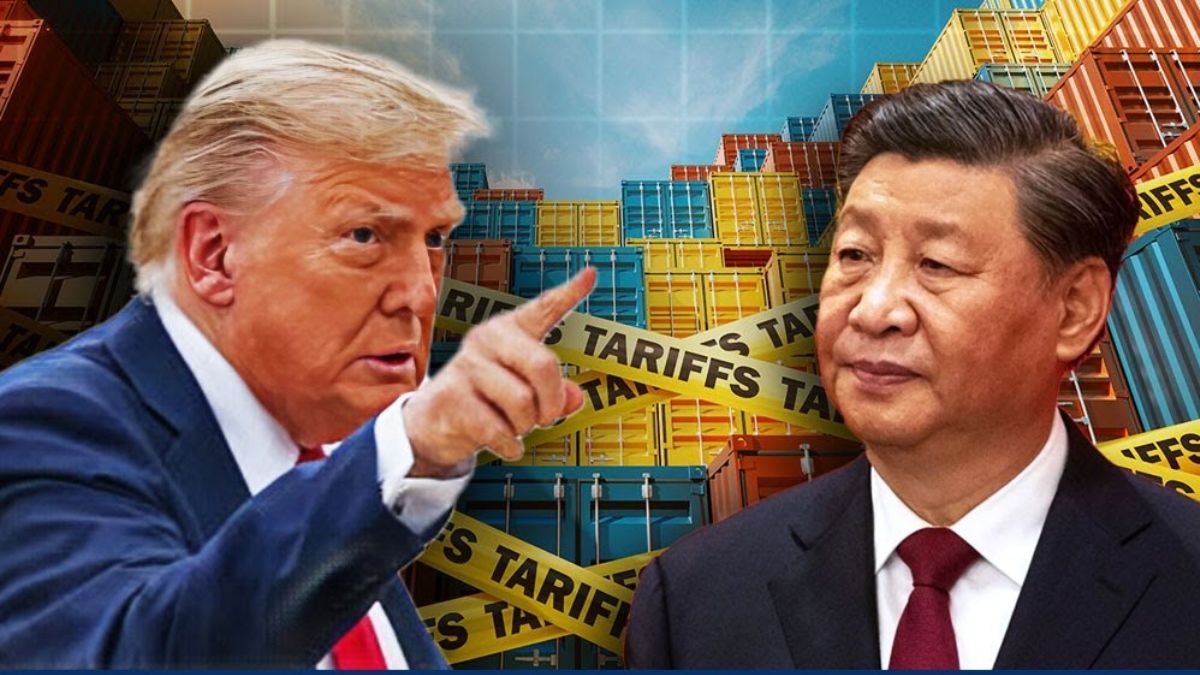)
)
)
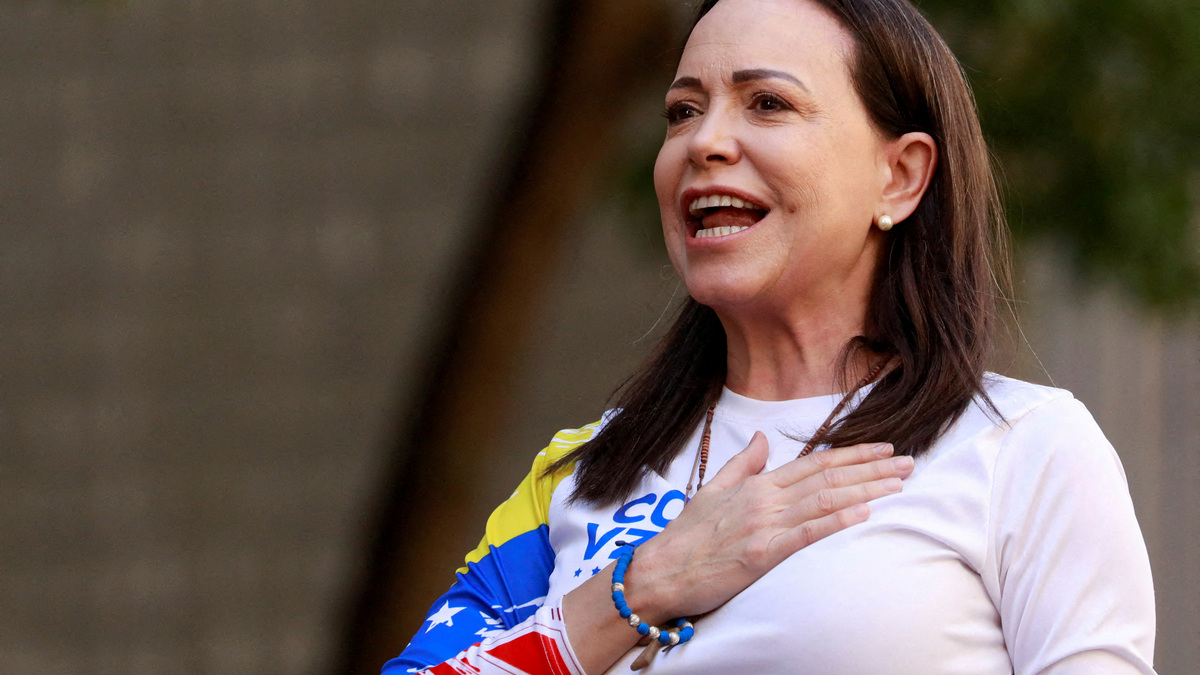)



